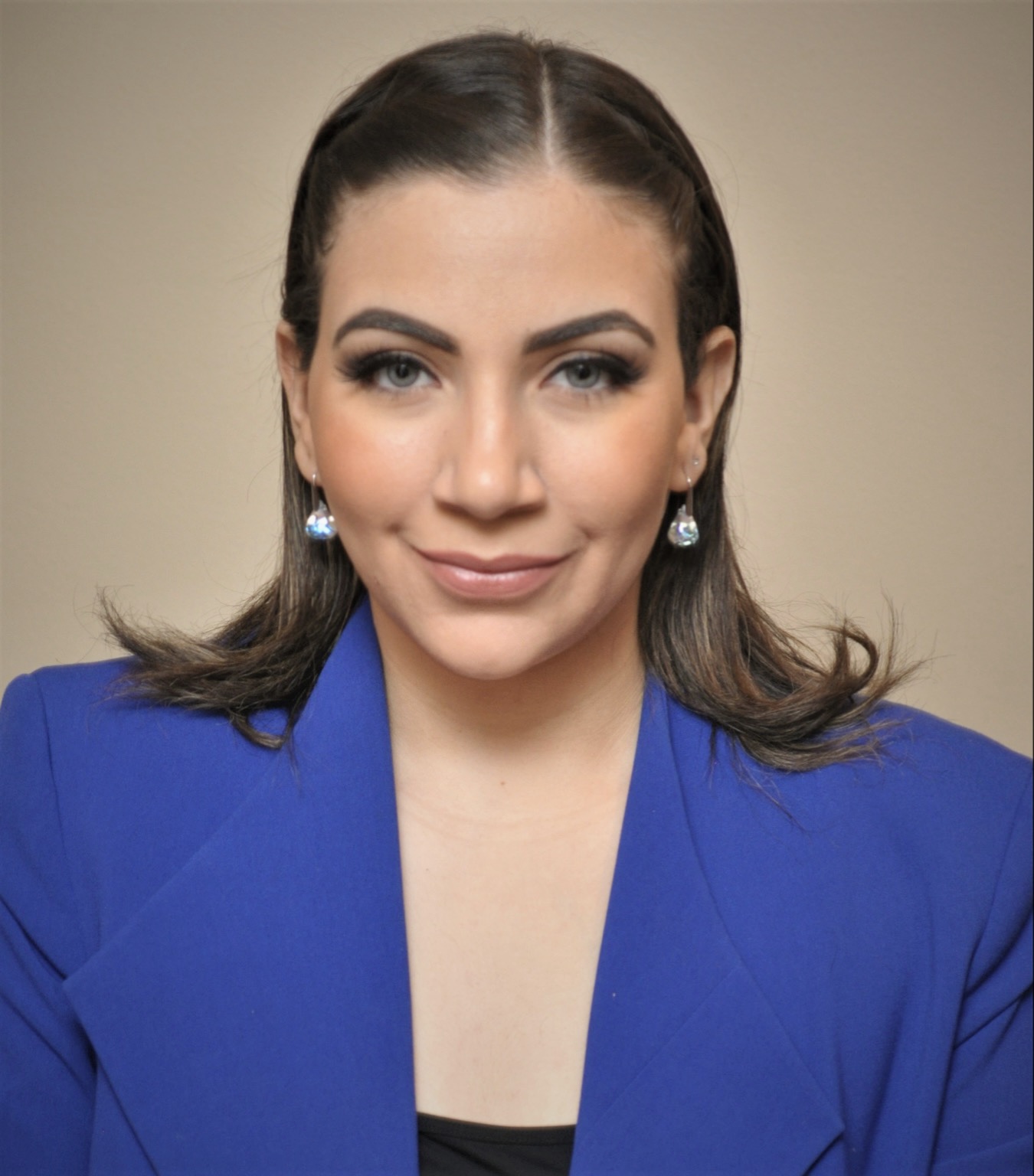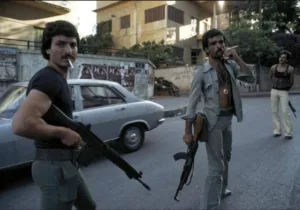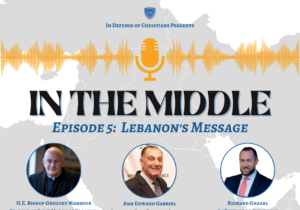On July 1, 2021, Pope Francis met with an ecumenical group of Christian leaders from Lebanon to discuss and pray for the rapidly declining state of the Mediterranean country. The group included Cardinal Bechara Boutros al-Rahi, patriarch of the Maronite Catholic Church; Moran Mor Ignatius Aphrem II, patriarch of the Syriac Orthodox Church; Ignace Joseph III Younan, patriarch of the Syriac Catholic Church; John X of Antioch, patriarch of the Greek Orthodox Church; Aram of Cilicia, Armenian Apostolic Catholicos; and Rev. Joseph Kassab, president of the Supreme Council of the Evangelical Community in Syria and Lebanon.
Pope Francis also called for that day to be a “special day of prayer and reflection on Lebanon,” and for people to pray “that Lebanon may recover from the serious crisis it is going through and show the world once again its face of peace and hope.”
The day-long events included a prayer at the Tomb of Saint Peter and a number of meetings between the Holy Father and the clerical leaders from Lebanon.
Pope Francis also made several statements on the importance of stabilizing the country, noting that “Lebanon cannot be left prey to the course of events or those who pursue their own unscrupulous interests. It is a small yet great country, but even more, it is a universal message of peace and fraternity arising from the Middle East.” He went on to says that “it is essential that those in power choose finally and decisively to work for true peace and not for their own interests.”
It was an uplifting event, no doubt, but what tangible results can be expected going forward?
First and foremost, the simple act of uniting Lebanon’s Christian leaders is powerful in itself. The political nature of the situation in Lebanon was not squarely addressed, nor did anyone expect it to be. But the ecumenical fraternity present in Rome was certainly a notable change compared to the current hostilities in Beirut.
Lebanon’s Christian population is still divided by political lines, and even by the lens through which they view the crisis. As they watch the Lebanese lira plummet to 18,300 to the US dollar on the black market, many Christians across a number of political parties still live under the notion that the situation is under control. It simply is not.
However, support for the Lebanese Armed Forces (LAF) is a unifying force in the country. Arguably, the LAF is the only functioning institution in the Lebanese government, therefore making its acceptance in Lebanese society all the more critical.
Furthermore, although Pope Francis’ initiative is a powerful one, the international community must continue pressuring the Lebanese government after this gathering concludes.
In fact, one of Cardinal al-Rahi’s chief initiatives is an international conference, led by the United Nations, to address the issue. Since early 2021, His Beatitude has, on many occasions, advocated for international efforts of this nature. The general consensus among the Lebanese, both the native and diaspora community, is that Lebanon needs more help than it can muster on its own.
The only significant party that opposes such meddling is the Iran-backed terror organization of Hezbollah, which has been increasingly vocal regarding its disdain for al-Rahi.
On the other hand, the United States and others have been playing an active role as well. Alongside his visit to the Vatican on June 28, US Secretary of State Antony Blinken met with the Saudi Minister of Foreign Affairs Faisal bin Farhan Al Saud and Minister of Europe and Foreign Affairs of France Jean-Yves Le Drian, to discuss the situation in Lebanon.
In a statement after the meeting, Blinken emphasized “the need for Lebanon’s political leaders to show real leadership by implementing overdue reforms to stabilize the economy and provide the Lebanese people much-needed relief.”
Both Saudi Arabia and France have been vocal advocates for reform in the country, with French leadership more driven in pressuring the Lebanese caretaker government. In this past year alone, both French President Emmanuel Macron and Minister Le Drian have made visits to Beirut to support the formation of a government.
France has gone so far as to discuss European Union sanctions that would target Lebanese politicians who hinder government formation.
The United States’ efforts to pressure Lebanese President Michel Aoun into forming a government with Prime Minister-designate Saad Hariri preceded Blinken’s confirmation as secretary of State in January 2021. Lebanon has been without a government since August 2020 in the aftermath of the August 4 explosion at the Port of Beirut. Tellingly, since Aoun’s presidency began in October 2016, nearly 30 percent of his tenure has been spent without a functioning cabinet.
The power of prayer can never be overstated, but action must accompany it. A unified Christian voice, continued support for the Lebanese Armed Forces, and pressure from the international community are more important than ever. Pope Francis’ meeting with Christian leaders from Lebanon is an important first step, but the desperately needed change is a marathon.







 Live in the DC area? Sign-up for Providence's in-person events list!
Live in the DC area? Sign-up for Providence's in-person events list!